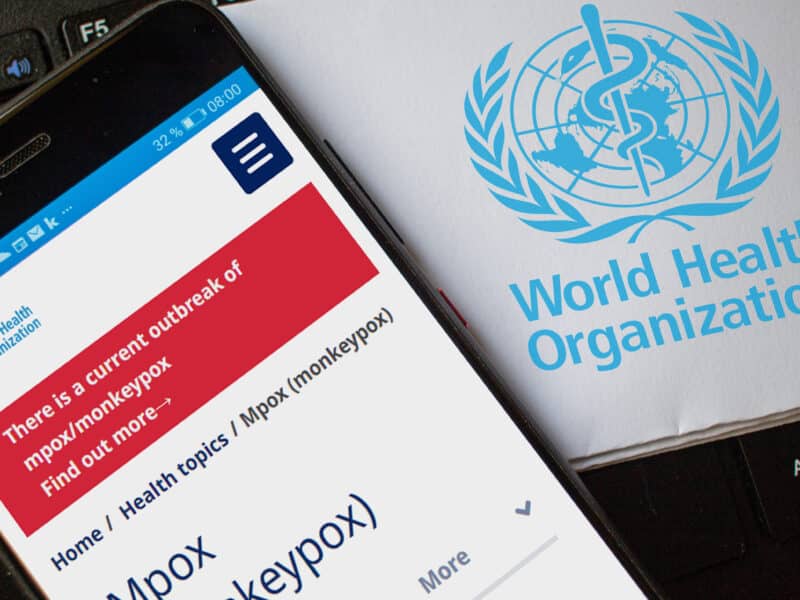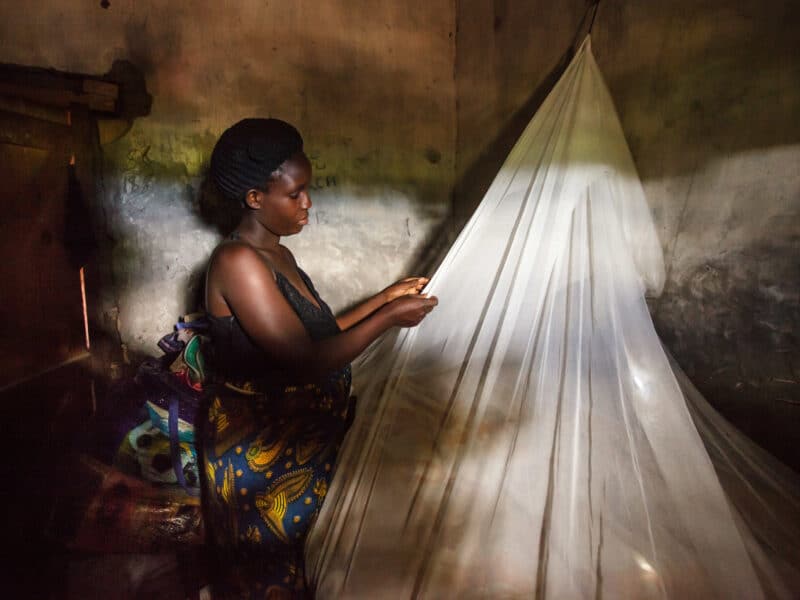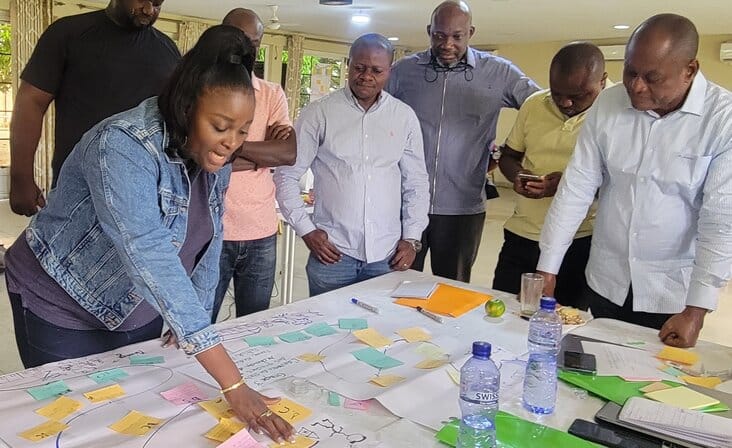In its fifth and final year, Research to Prevention (R2P) is translating key findings of its HIV research portfolio into sustainable and meaningful action.
A committee of R2P reviewers recently awarded small grants to five organizations for projects that disseminate R2P research results and use them to improve interventions in the field. By supporting local organizations, R2P ensures its research will be used to improve the design of HIV prevention interventions.
In 2009 and 2010, R2P issued small grants to local organizations from developing countries to conduct research on HIV prevention as part of its overall capacity building objective. Most recently, the program supported research on HIV risk among men who have sex with men.
The new initiatives will build on prior research funded by R2P. Three of the local organizations plan to conduct projects focusing on HIV prevention among key populations. They include Rock of Hope in Swaziland; Center for Community Health Research and Development (CCRD) in Vietnam; and the Institute of Dermatology and Skin Surgery (IDCP) in the Dominican Republic.
The remaining two projects will focus on improving service delivery for voluntary medical male circumcision (VMMC) and include the Center for HIV and AIDS Prevention Studies (CHAPS) in South Africa and Jhpiego in Tanzania.
Funded by USAID, R2P is led by the Johns Hopkins Center for Global Health and managed by the Johns Hopkins Bloomberg School of Public Health Center for Communication Programs (CCP). R2P seeks to answer the question: What are the most effective interventions for preventing the spread of HIV? It aims to promote greater use of evidence in the design and implementation of HIV prevention programs in countries most affected by the HIV epidemic.
Read more about the projects and the research that inspired them.





